An article: Electropalatographic therapy for children and young people with Down's syndrome
Despite the omnipresence of speech impairments in people with Down Syndrome (DS), British researchers Joanne Cleland and colleagues note that only very few studies have evaluated the effect of speech and language therapy on these impairments. Moreover, speech therapy often rest on audition and verbal communication whereas people with DS are better at processing visual than auditory information. Techniques involving vision should therefore be preferred.
The authors explored how electropalatography (EPG) could help diagnose and help train articulation of young people with DS aged 10 to 18. EPG is a non-invasive making it possible to record the location of the contacts between the tongue and palate over time. Coupled with a computer, EPG can also provide direct visual feedback to a person to show her the errors of contact of the tongue on the palate in the articulation of speech sounds. The authors measured the contribution of this method for speech therapy in young people with DS.
The first important result is that even though some authors thought that EPG could not be suitable for people with severe cognitive impairments, the people involved in this study had no trouble using EPG coupled with visual feedback. Moreover, EPG made it possible to characterize atypical articulatory profiles in the participants as well as an improvement with training.
This research study is particularly interesting since it uses recent advances in speech research to provide tools improving speech therapy. Speech impairments indeed limit social integration. The article only presents results for 6 participants involved in the EPG protocol. A comparison with a control group without EPG and the analysis of a larger population would be necessary but the study is undergoing.
Reference: CLELAND, Joanne, TIMMINS, Claire, WOOD, Sara E., et al. Electropalatographic therapy for children and young people with Down's syndrome. Clinical linguistics & phonetics, 2009, vol. 23, no 12, p. 926-939.
More information on EPG, for example:

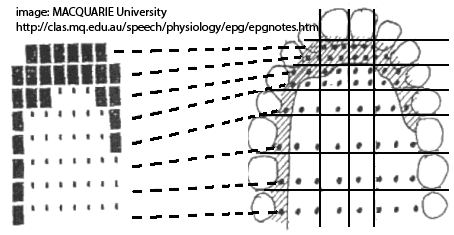
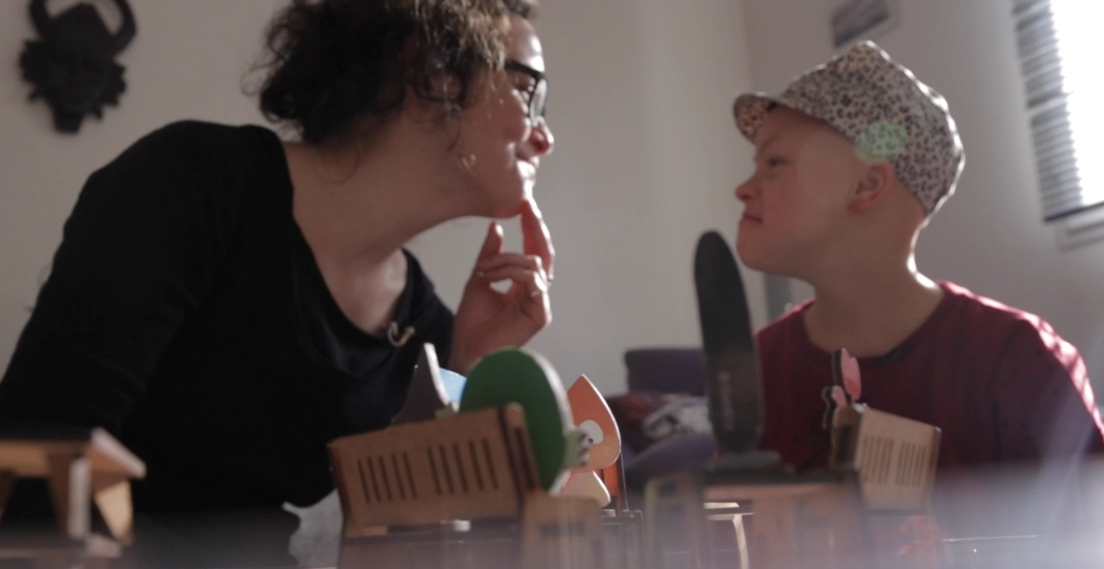

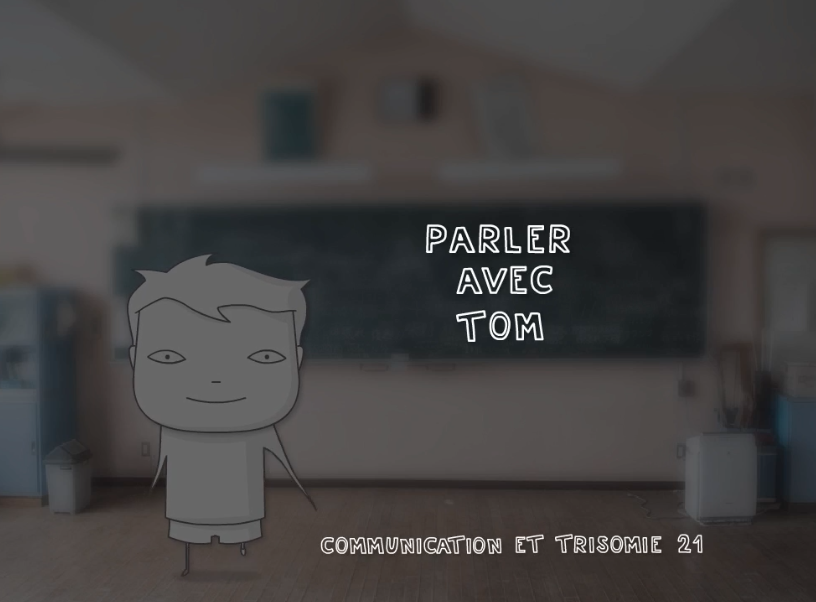




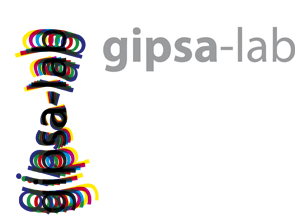
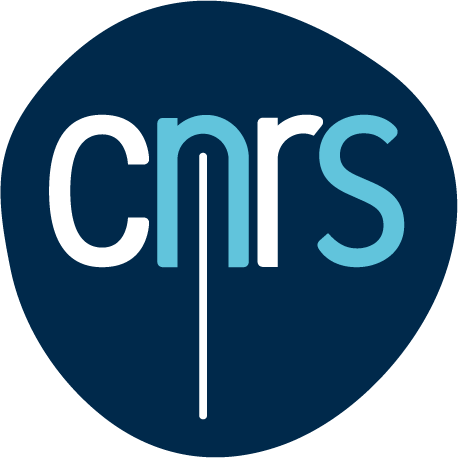
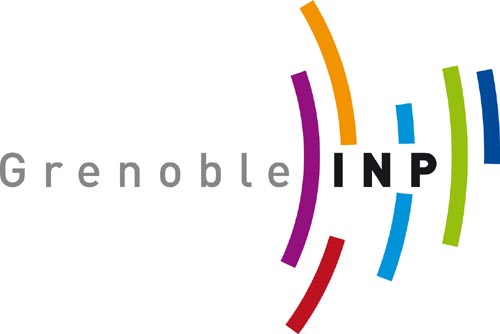

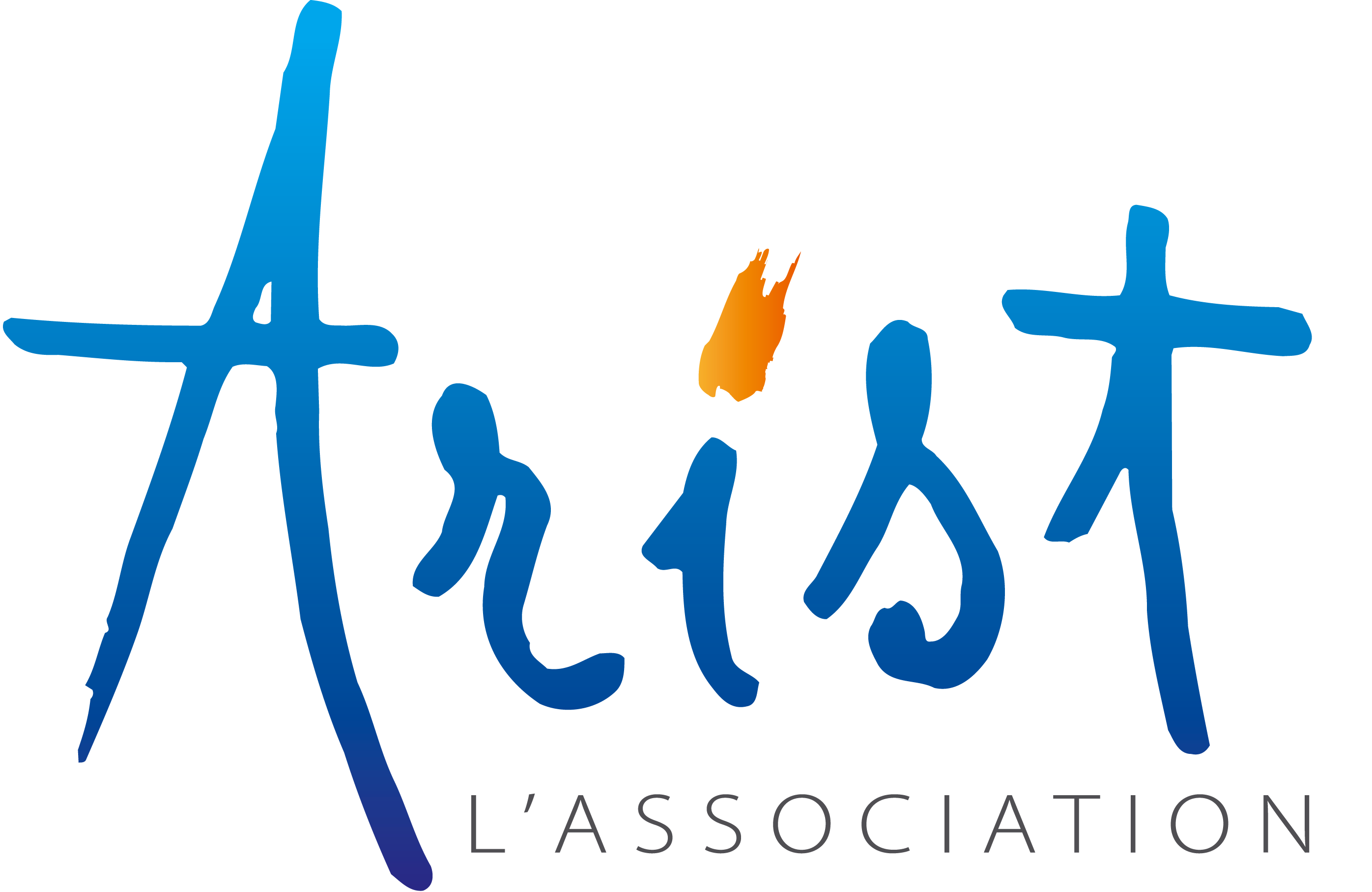
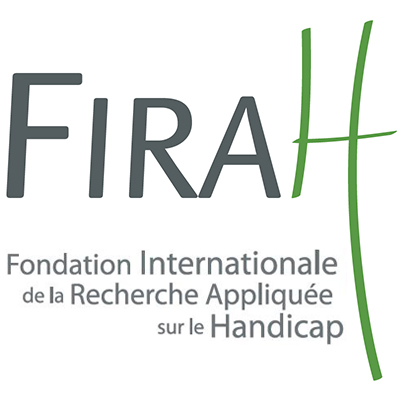

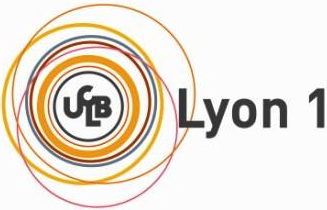

No linked comment